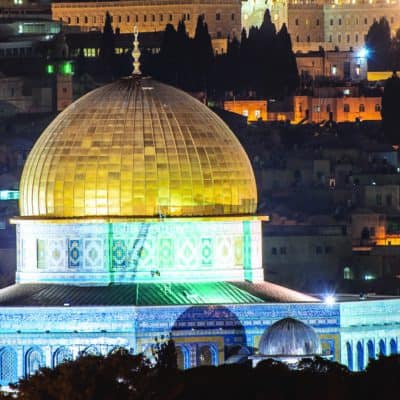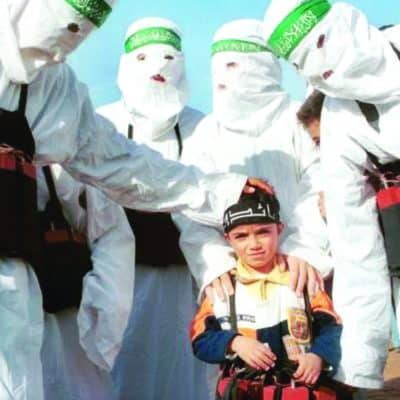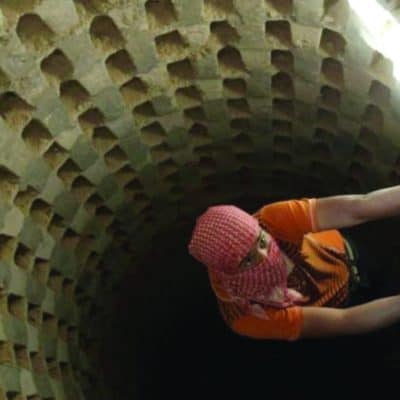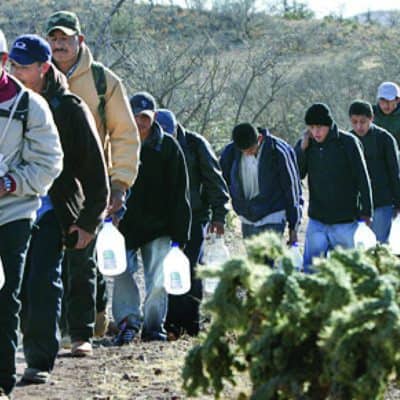Originally Published in The Guardian
Experts say attacks go beyond Israel-Palestinian conflict as hate crimes strike fear into Jewish communities
In the space of just one week last month, according to Crif, the umbrella group for France’s Jewish organisations, eight synagogues were attacked. One, in the Paris suburb of Sarcelles, was firebombed by a 400-strong mob. A kosher supermarket and pharmacy were smashed and looted; the crowd’s chants and banners included “Death to Jews” and “Slit Jews’ throats.” That same weekend, in the Barbes neighbourhood of the capital, stone-throwing protesters burned Israeli flags: “Israhell,” read one banner.
In Germany last month, molotov cocktails were lobbed into the Bergische synagogue in Wuppertal – previously destroyed on Kristallnacht – and a Berlin imam, Abu Bilal Ismail, called on Allah to “destroy the Zionist Jews … Count them and kill them, to the very last one.” Bottles were thrown through the window of an antisemitism campaigner in Frankfurt; an elderly Jewish man was beaten up at a pro-Israel rally in Hamburg; an Orthodox Jewish teenager punched in the face in Berlin. In several cities, chants at pro-Palestinian protests compared Israel’s actions to the Holocaust; other notable slogans included: “Jew, coward pig, come out and fight alone,” and “Hamas, Hamas, Jews to the gas.”
Across Europe, the conflict in Gaza is breathing new life into some very old, and very ugly, demons. This is not unusual; police and Jewish civil rights organisations have long observed a noticeable spike in antisemitic incidents each time the Israeli-Palestinian conflict flares. During the three weeks of Israel’s Operation Cast Lead in late 2008 and early 2009, France recorded 66 antisemitic incidents, including attacks on Jewish-owned restaurants and synagogues and a sharp increase in anti-Jewish graffiti. But according to academics and Jewish leaders, this time it is different. More than simply a reaction to the conflict, they say, the threats, hate speech and violent attacks feel like the expression of a much deeper and more widespread antisemitism, fuelled by a wide range of factors, that has been growing now for more than a decade.
WANT TO READ THE REST OF THIS ARTICLE?
*Additional reporting by Josie Le Blond in Berlin, Kim Willsher in Paris, John Hooper in Rome and Ashifa Kassam in Madrid
**This article was amended to correct the name of the Madrid Jewish community leader David Hatchwell. This article was further amended to correct the numbers of Jews who leftFrance for Israel in 2013.










Commentary: Crush of Crises
The sheer volume of raging crises has grown so large, it is getting difficult to keep...